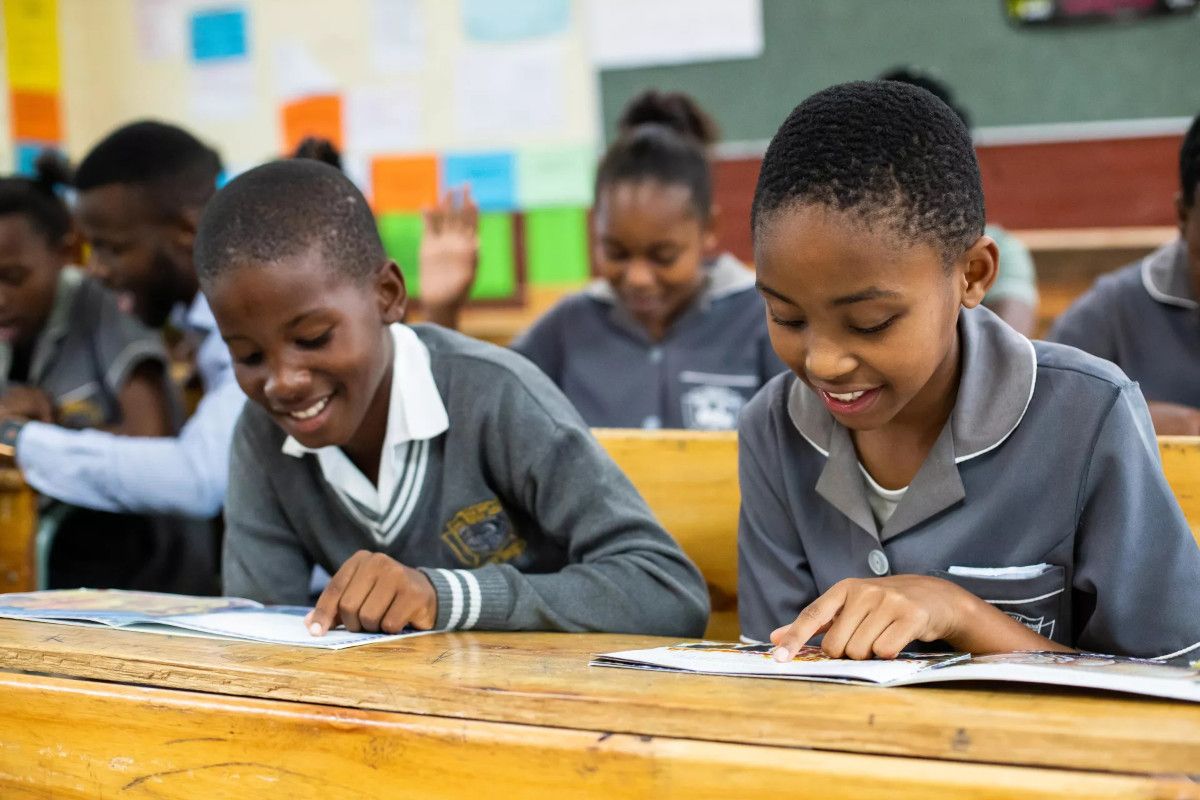News
New School Admission Rules Protect Undocumented and Pregnant Pupils

Education is for everyone, says government
South Africa has drawn a firm line in the sand: no child, regardless of their nationality, immigration status, or pregnancy, can be barred from entering a public school. The new draft school admission regulations, recently published in the Government Gazette by Basic Education Minister Siviwe Gwarube, make it clear that access to education is a constitutional right, not a privilege.
The regulations, currently open for public comment, have stirred both applause and resistance. For migrant communities and advocates of children’s rights, it is a long-overdue affirmation. For moralists and anti-immigrant lobbyists, it is a bitter pill.
How it works: admission of undocumented pupils
Parents of undocumented children will no longer face automatic rejection when applying for school placement. Instead, they must submit an admission form along with a sworn affidavit explaining why they cannot provide official documents.
Once admitted, the school principal has seven days to notify the district education office. The child will continue learning uninterrupted, while parents are tasked with securing official documents such as a birth certificate. Provincial education heads (HODs) are also obliged to help families with Home Affairs processes.
This approach is rooted in the constitutional guarantee that the right to basic education applies to “everyone within South Africa’s borders.”
Pregnant pupils: breaking moral taboos
The new rules also shut the door on one of the most controversial practices in South African schools: the exclusion of pregnant pupils.
For years, some governing bodies and educators quietly pressured pregnant learners to leave school, arguing that their presence encouraged “bad morals.” These regulations put a stop to that. Pregnancy, the department says, is not a valid reason to deny a young person their education.
As one education activist tweeted shortly after the announcement:
“We’ve lost too many girls to stigma. School must be a place of growth, not shame.”
Tensions between governing bodies and the state
The regulations also address the tug-of-war between school governing bodies (SGBs) and provincial heads of department (HODs). In past years, disagreements over language policies and admissions have led to court battles particularly in schools that insisted on Afrikaans-only instruction, effectively locking out learners from other backgrounds.
Under the new rules, the HOD has the final say on admissions. If an SGB’s policies are found to be discriminatory or out of line with the law, the HOD can order a review. What remains unclear is what happens if an SGB simply drags its feet or openly resists.
A broader vision of inclusion
The regulations go beyond paperwork and pregnancy. They prohibit any form of unfair discrimination whether based on race, gender, religion, sexual orientation, disability, or HIV status. They also demand that community demographics, language needs, and school capacity be factored into admission policies.
For many South Africans, this is about more than rules it’s about reshaping the values of the education system. In townships and rural areas where foreign nationals and undocumented children are often the most vulnerable, this move signals a recognition of shared humanity.
Public reaction: divided, but engaged
The announcement has lit up social media. On Facebook groups for parents in Gauteng and Limpopo, some applauded the move as “progressive and fair,” while others argued that “undocumented children will take away scarce resources from South Africans.”
One Soweto-based teacher commented:
“I’ve taught many undocumented kids. They’re just children, eager to learn. It’s not their fault they don’t have papers.”
Another parent wrote:
“Government must fix Home Affairs first. Schools cannot become refugee centres.”
At its heart, this debate is about what kind of society South Africa wants to be. By affirming the rights of undocumented children and pregnant learners, the education department is challenging deep-seated biases against migrants, against girls who fall pregnant, and against families caught in bureaucratic limbo.
Whether these regulations can be enforced effectively will depend on cooperation between principals, provincial departments, Home Affairs, and communities themselves.
For now, the message is clear: classrooms are not battlegrounds for exclusion, they are spaces where every child, no matter their background, should be given the chance to learn.
{Source: The Citizen}
Follow Joburg ETC on Facebook, Twitter , TikTok and Instagram
For more News in Johannesburg, visit joburgetc.com



























